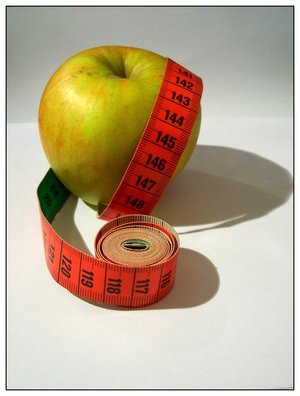 Thanksgiving is tomorrow- and it seems like most people are either running around, making last minute preparations to host family and friends, or making sure that all the essential ingredients are present in their kitchens for cooking, or are packing/en route to be with family and friends. As I mentioned in my previous post (scroll down, or click here to read it), this time of the year is often accompanied by a significant amount of stress. Whether the holidays are stressful due to family tension, financial strain, or other difficult circumstances, one thing is certain- Thanksgiving has become a food holiday, meaning that food has become the main event.
Thanksgiving is tomorrow- and it seems like most people are either running around, making last minute preparations to host family and friends, or making sure that all the essential ingredients are present in their kitchens for cooking, or are packing/en route to be with family and friends. As I mentioned in my previous post (scroll down, or click here to read it), this time of the year is often accompanied by a significant amount of stress. Whether the holidays are stressful due to family tension, financial strain, or other difficult circumstances, one thing is certain- Thanksgiving has become a food holiday, meaning that food has become the main event.
What do we know about stress and eating? Well, for some people, stress during the holidays can lead to emotional eating, overeating, and/or binge eating, while for others who have struggled with restrictive eating, this tension may manifest in restrictive behavior with regards to the amount of food eaten or a preoccupation with what is being consumed. In addition, the heightened awareness that the media and our culture have placed upon food, weight, and our bodies has strongly impacted our beliefs about food. Therefore, a holiday that is centered around food can be triggering for anyone, but especially for those who are currently struggling with an eating disorder or eating issue, as it is not uncommon (unfortunately) for people to observe and make comments about who is eating how much, and how much weight so-and-so gained/lost since last year. If you are reading this, I would challenge you try to make it through this Thanksgiving without making any comments about what other people are eating, or how much they are eating, or any other comments along these lines. While this may seem like a minor adjustment to make, it would probably surprise you to find what an impact such a small change can make on others around you. If you are someone who struggles with an eating disorder, have struggled with one in the past, or struggle with body image issues, OR you will be spending this Thanksgiving with someone you love who you know or suspect struggles in any way with food, here are a few helpful tips, courtesy of NEDA, that may serve to alleviate the stress of such a time.
1. Worry more about the size of your heart than the size of your (fill-in-the-blank-body part). Think about how you can serve someone or do something nice for someone else- and do it. It helps to focus on others, and it helps to consider what you are thankful for.
2. Have conversations with your loved ones about things that matter to you all--dreams, goals, faith, relationships, concerns, fears, challenges, etc-- rather than focusing your energy and thoughts on food or body concerns.
3. Designate someone to be your 'support' person who you can call if you are struggling, or who you can talk with to encourage you to get through the tough moments.
4. Make goals for the day, and try to follow through with them. If you make goals with food, make sure you also make other non-food goals as well.
For more tips, follow this link for NEDA's complete list.
Here are some suggestions for families from Marcia Herrin and Nancy Matsumoto, authors of The Parent's Guide to Eating Disorders:
Try making your family’s holiday traditions more about relationships and activities than about food.
· Don’t skip meals or plan to undereat or diet the day following a family holiday.
· Talk to other family members in advance about not pushing food or commenting on diets, calories, or weight loss. Even too much emphasis on trying to make healthy choices at holiday meals can add to the stress.
· It is particularly important if your child is recovering from a serious eating disorder to have pre-warned family members about the kind of talk and attention that is appropriate. I suggest that parents develop a kind of code or signal that tells family members or other guests, “change the subject, and fast!”
· Because meal schedules may be altered and more snack foods and desserts are served during the holidays, it’s important that parents of an eating-disordered child be extra-solicitous and vigilant. If circumstances conspire to create a level of stress that interferes with your child’s recovery, you and your child should sit down and prioritize the extras in your lives. Remember that the first item on your list of important things to accomplish – even during the holidays -- should be your child’s recovery.
I think the most important thing to remember in all of this is the real meaning of Thanksgiving! No matter what we are going through, we always have things we can be thankful for. This doesn't minimize the tough things that some of us are going through or dealing with, but practicing gratitude does wonders for your outlook. Maybe you can make a list of all the things you are thankful for, or maybe you can make a point to discuss with your friends and family what you have been thankful for as you reflect on the past year. I hope everyone has a wonderful Thanksgiving!! I am so thankful for those of you who have been reading my blog, and for those of you who have encouraged and inspired me.










